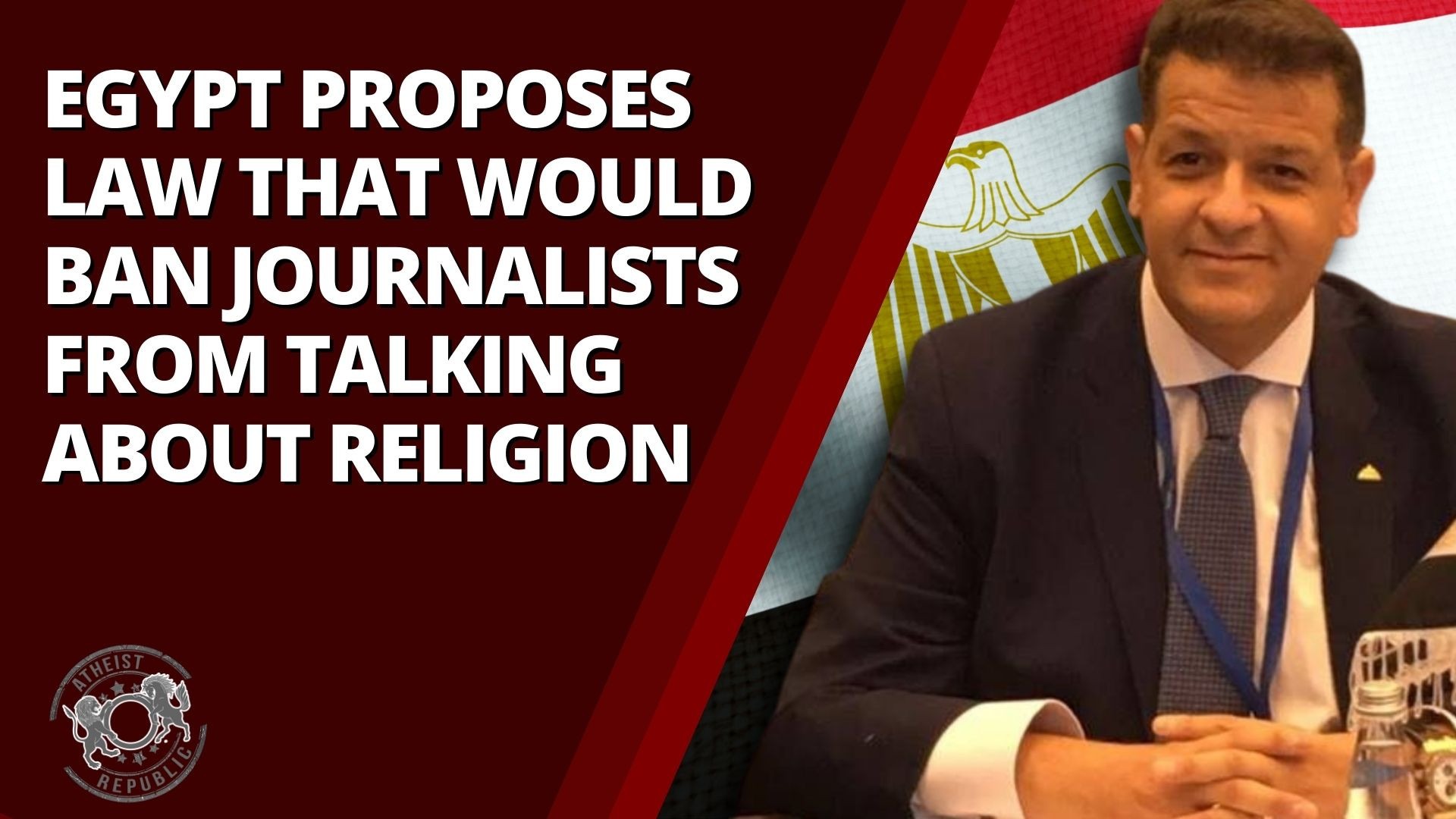
On Sunday, February 20, an Egyptian lawmaker proposed a law that will ban "non-specialist" journalists from discussing religion. The proposal responds against Ibrahim Issa's statement on February 18, dismissing the Prophet Muhammad's ascension.
Tarek Radwan, head of the Human Rights Committee of the Egyptian Parliament, proposed the law draft. Ali Gomaa, of the parliament's Religious Affairs Committee, signaled his support for Radwan's proposal.
The draft law is intended to restrict freedom of speech to avoid "chaos in the society" by limiting or stopping the discussion of religion and religious topics in broadcast media. The draft has received the support of 60 MPs, including Radwan and Gomma.
Issa's comments shed doubt on the authenticity of "Isra and Miraj," the Prophet Muhammad's ascension story. Muslims consider this story, also known as the Miraculous Night Journey, as "the miracle second only to the revelation of the Qur'an."
Dar Al-Ifta, Egypt's Islamic advisory, quickly refuted Issa's claim. "The journey of Al-Isra and Al-Miraj definitely happened," the advisory said. The Islamic advisory group also claimed that denying the story is not permissible because "the Qur'an confirmed in its noble verses the proof."
Egypt's prosecutor general also investigated Issa for possible blasphemy charges. The investigation was prompted by the Islamist Al-Nour Party filling a case against him for his comments.
Radwan's proposed law is among the legislative gymnastics performed by Egypt's conservative Islamic regime to advance its agenda. In 2018, the Egyptian parliament passed laws that impose unnecessary regulation on state and private broadcast media, including online platforms.
In 2020, Egypt responded with arrests and severe censorship for journalists who exposed the country's handling of the pandemic. Philip Luther, Middle East and North Africa director of Amnesty International, said they documented 37 unlawful arrests on journalists.
In 2021, 31 United Nations (UN) members signed a joint declaration condemning Egypt's "restrictions on freedom of expression and the right to peaceful assembly, the constrained space for civil society and political opposition."
As of the writing of this article, Radwan's proposed law remains as a draft in the Egyptian parliament.
